Origins and Early Development (1980-1989)
The Crossroads Mall in Portage, Michigan, opened on July 24, 1980. Developed by Westcor and Dayton-Hudson, it was the first two-level shopping center outside Metro Detroit.
Located on South Westnedge Avenue near Interstate 94, the mall aimed to capture retail traffic from both Portage and nearby communities.
The original anchor stores were JCPenney and Hudson’s. Sears joined in 1982, enhancing the mall’s overall draw. Early tenants included Arby’s, Casual Corner, B. Dalton, Kinney Shoes, and CVS. These stores catered to a broad customer base, establishing the mall as a key commercial site in the region.
Designed to accommodate over 100 stores across two levels, the mall quickly gained success through its unique layout and range of national chains, which were new to southwest Michigan at the time. In 1989, Mervyn’s opened as the fourth anchor, marking the end of the mall’s initial development phase.
The 1980s solidified The Crossroads Mall as a significant retail hub, attracting both local and regional shoppers. Its role in the regional commercial landscape was well-established during this period.
Expansion and New Anchors (1989-2000)
The Crossroads Mall underwent its first major expansion in 1989, with the addition of Mervyn’s as the fourth anchor. This expansion reflected a broader trend in regional malls, which were diversifying their tenant mix to include traditional department stores and specialized retailers.
By the early 1990s, the mall attracted national chains like American Eagle Outfitters, The Limited, and Bath & Body Works.
In 1999, General Growth Properties acquired The Crossroads Mall for $68 million, bringing new management and a focus on maintaining high occupancy rates.
Cosmetic renovations and tenant improvements followed, aimed at modernizing the mall’s appearance and sustaining its competitive position.
The central location in Portage also facilitated the entry of new brands to the region. In the early 2000s, a food court offering different meals was added to the area.
By the late 1990s, the mall had cemented its status as a key retail center, offering a mix of department stores and smaller specialty shops. The inclusion of more upscale stores was part of a strategy to attract diverse consumer groups and reinforce the mall’s regional significance.
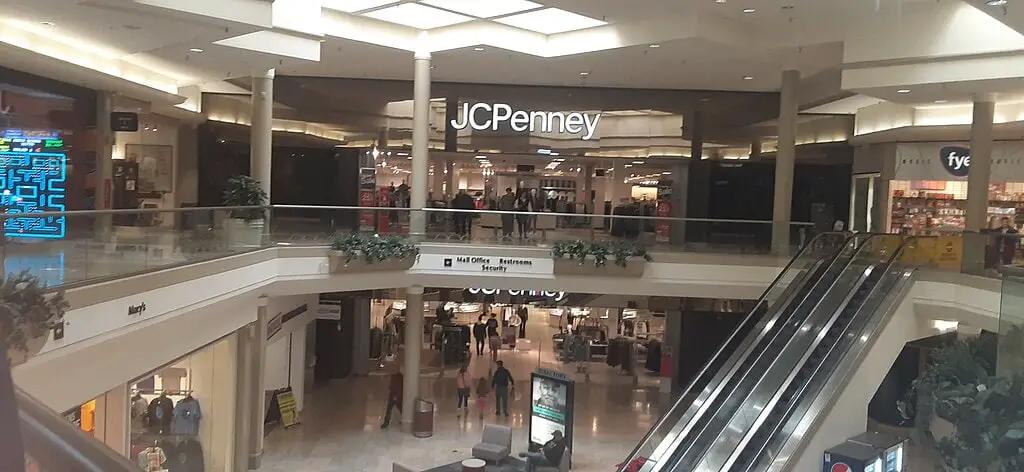
Anchor Store Transitions and Challenges (2001-2006)
In 2001, Hudson’s was rebranded as Marshall Field’s, aligning with Target Corporation’s strategy. This change occurred amid broader challenges for department stores, which faced growing competition from big-box retailers and e-commerce.
By September 2006, Marshall Field’s was converted to Macy’s after Federated Department Stores acquired the brand.
During the same period, Mervyn’s closed in early 2006 as the chain exited the Michigan market. Burlington Coat Factory replaced Mervyn’s, opening its first store in the Kalamazoo area in the vacated space.
This shift indicated a trend of discount retailers occupying spaces left by traditional department stores.
The Crossroads Mall management encountered difficulties retaining tenants due to national retail changes.
While Macy’s and JCPenney remained stable anchors, other retailers struggled with sales declines. The mall experienced tenant turnover, with smaller stores replaced by service-oriented businesses.
Efforts to attract visitors included adding more food and entertainment options but maintaining full occupancy became increasingly difficult.
Decline and Store Closures (2007-2019)
Since 2007, The Crossroads Mall has seen further challenges as consumer preferences have shifted toward e-commerce and off-mall retail.
The 2008 financial crisis worsened these issues, leading to store closures. National chains like The Limited, Wet Seal, and Aeropostale closed their locations, mirroring wider retail struggles.
Throughout the late 2010s, additional retailers like Payless ShoeSource and Teavana closed, driven by national downsizing efforts.
These closures left vacancies that proved difficult to lease as fewer national brands sought mall locations. The increasing vacancy rate led to a decline in mall activity.
The departure of anchor stores and specialty retailers, combined with aging infrastructure and minimal updates, contributed to the mall’s decline as newer shopping centers and big-box stores captured more local market share.
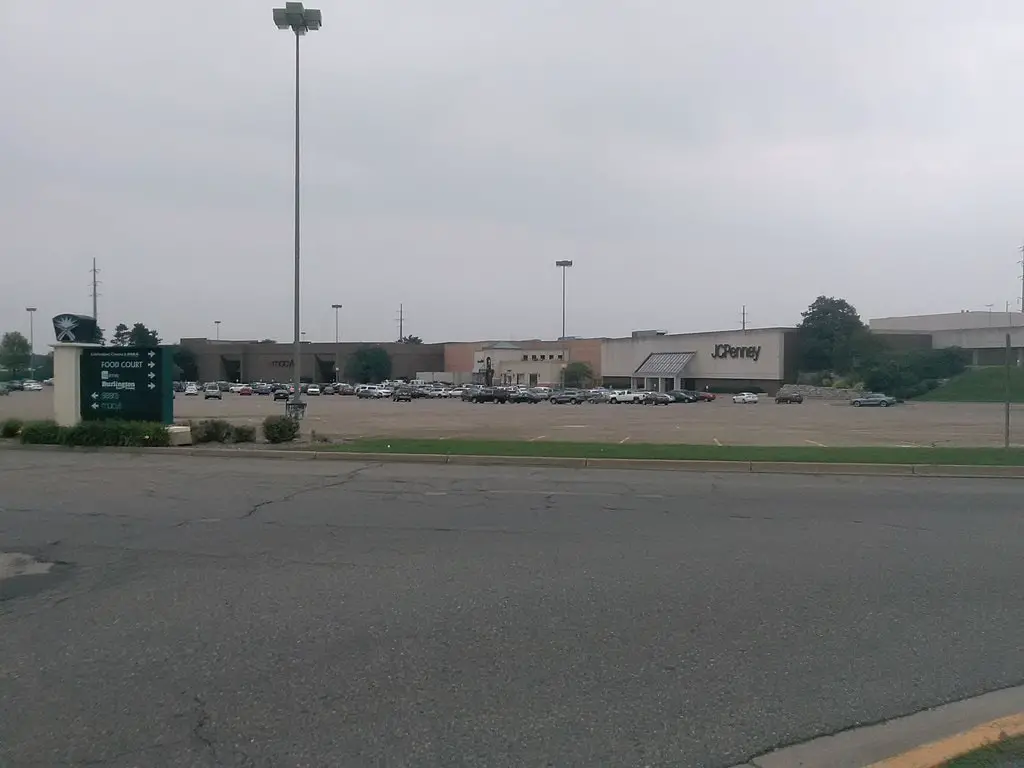
Ownership Changes and Initial Redevelopment Plans (2019-2022)
In November 2019, Sears, the third anchor to close in recent years, shut down, leaving another large vacancy. This marked a turning point for The Crossroads Mall amid declining occupancy and foot traffic.
In 2021, the second anchor, Burlington Coat, moved to the former Value City Furniture location at Maple Hill Pavilion in Kalamazoo.
In January 2022, Kohan Retail Investment Group purchased the property for $25 million. Kohan, known for acquiring distressed shopping centers, took control with the intention of revitalizing the mall.
This acquisition was the second ownership change in under five years, highlighting the mall’s ongoing financial instability. Kohan’s portfolio included over 50 malls, many facing similar challenges, raising questions about their capacity to improve The Crossroads Mall.
In 2022, Kohan proposed redeveloping the mall by repurposing underutilized spaces and introducing entertainment and service-oriented tenants.
Ideas included converting the former carousel area into a bar or family entertainment venue and aligning with trends in integrating experiential elements to counteract declining retail sales.
Despite these plans, high vacancy rates persisted, and local skepticism remained, leaving the redevelopment’s success uncertain.
Current State and Redevelopment Efforts (2022-2024)
In early 2024, The Crossroads Mall in Portage, Michigan, became involved in a legal dispute regarding public transportation.
The mall’s owners filed a lawsuit in the U.S. District Court for the Western District of Michigan against the city of Portage, the Kalamazoo County Transportation Authority, and two other agencies.
The lawsuit alleged that city buses operated by these entities caused significant damage to the mall’s surrounding roads, leading to increased maintenance costs.
The case focused on the wear and tear attributed to heavy bus traffic near the mall’s entrance. In January 2024, a U.S. District Judge dismissed the lawsuit. Three counts were dismissed with prejudice, preventing refiling, while two counts were dismissed without prejudice.
The dismissal concluded a legal dispute that strained relations between the mall’s management and local government. Public transportation remains essential for many mall visitors, particularly as the mall seeks to boost foot traffic in an evolving retail landscape.
Additionally, discussions began regarding converting parts of the mall into non-retail spaces such as medical offices or educational facilities, reflecting broader trends in repurposing struggling malls.
While redevelopment progresses slowly, The Crossroads Mall management remains focused on repositioning the property as a multifunctional community space, underscoring the ongoing challenges regional shopping centers face in adapting to changing consumer behavior.


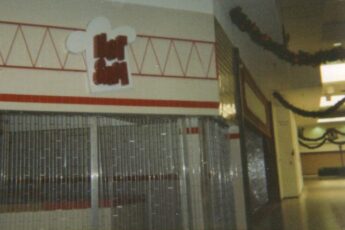


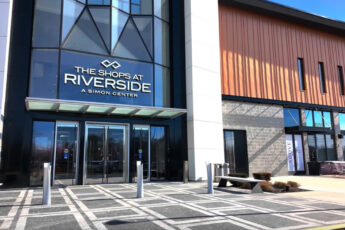


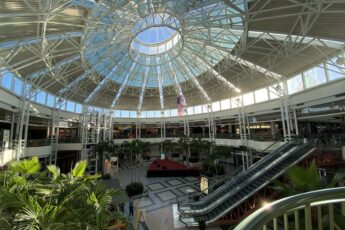
There was never a Chick Fil A in the mall. That’s bad jnfo.
Thanks for pointing that out! It’s always helpful when someone corrects misinformation.